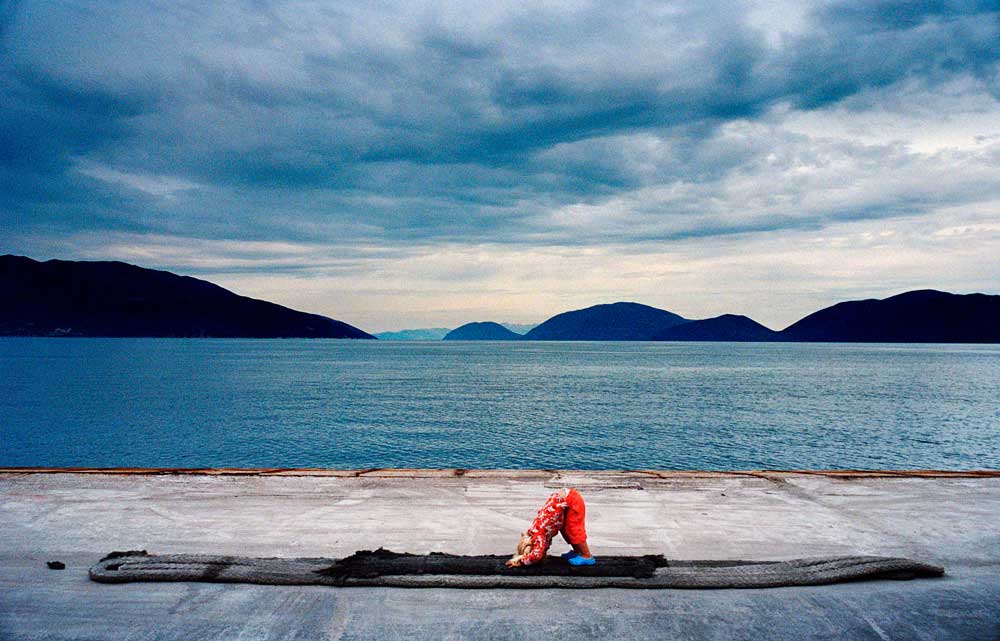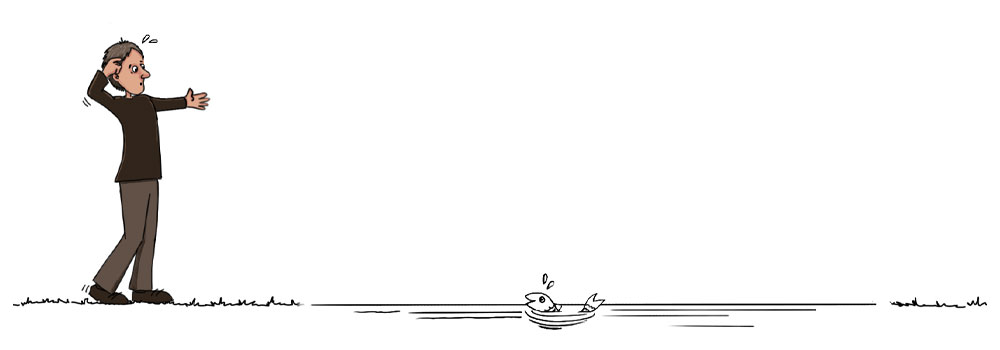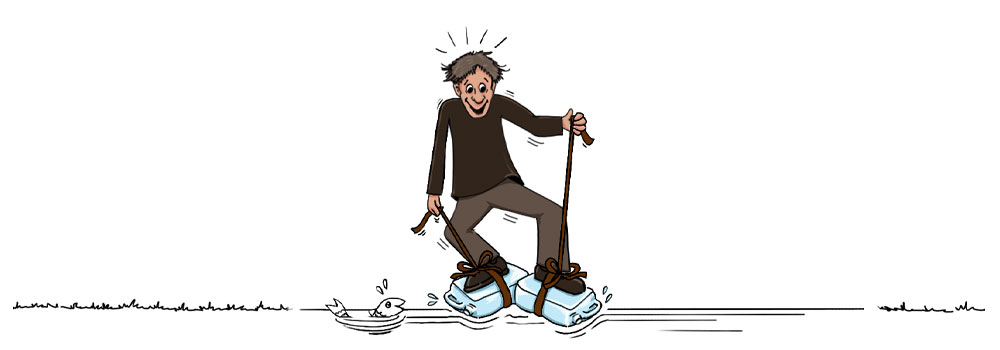Task 45 – Baby steps compound
Task 45
Baby steps compound

Problem
Skipping small steps
I can’t express this clearly enough. It is the small, daily choices that we make over time that tip us in a right, or wrong, direction. We need to become aware how important it is to system- atically do the actions that are easy to do but easy not to do such as reaching for an apple instead of chocolate when we are hungry, taking the stairs up instead of the elevator, taking the time to smile when we meet people, take a small relaxing break. Small actions that compo- und to big changes over time. We tend to overestimate what we can accomplish in a year, and underestimate what we can accomplish in a decade. On the negative side we also tend to underestimate the snowballing effect of small, unhealthy daily actions. These are the choices that over time ends up in a diagnosis from a lifestyle disease (see page 254).
We are the ones who are laying this foundation for ourselves. We have to see the value of each single, tiny baby step and believe that each one will pay off in the long run. If, on the other hand, you don’t see the value of these small steps, then the risk of heart attack, obesity, stress, the breakdown of relationships, etc., increases greatly. All too many people discover much too late how their daily, comfortable choices result in uncomfortable consequences. Or, the opposite happens. The people who have seen the value of making daily, often un- comfortable choices have reaped the benefits in the form of increased comfort and health.
On a scale of 1 to 6, how relevant is this issue for you?:

Solution
Minor movements matters
The difference between a failure and a masterpiece can be due to a change in the position of a camera of only a few centimeters. I have experienced how small margins of error can have major consequences not just as a photographer but also as a doctor when I’m dealing with a critical situation. When I photographed Telma at the dock, I had to be quite exact when it came to the space between her back and the edge of the dock. If I had bent my knees and lowered the camera by only 20 centimeters then her back would have touched the edge of the dock. Subsequently, I would probably have disliked the picture so much that I wouldn’t even have considered including it in this book.
Well, which position is the best one? It can be difficult to know. My best advice is to move around and feel your way forward. Tiny adjustments make big changes.
You may feel that your improvement from picture to picture is slow. At least I often do. But if you now after almost 50 tasks look back to the first ones, I bet there has been a big evolution. Step by step, picture by picture. You do picture yourself better. Hopefully also without the camera.
PHOTO ASSIGNMENT:
Find a picture that has several objects in the composition, preferably at different distances from each other. Move in small increments to the side or in height.
Feel free to stand in the same place without moving anything except your upper body. Keep an eye on the negative spaces, which we worked with in Task 16.
Study how these small variations can lead to big changes in the composition.
If you do these small steps every time you take a picture,
then you have taken a big step forward.
How useful was this assignment for you on a scale of 1 to 6?:
BOOK SUGGESTION: The Slight Edge by Jeff Olson

❞ When you have a great and difficult task, something perhaps almost impossible, if you only work a little at a time, every day a little, suddenly the work will finish itself.
Karen Blixen
❞ Small, tentative, daily actions build up into great achievements.
Julia Cameron
❞ Nothing is particularly hard if you divide it into small jobs.
Henry Ford
❞ It does not matter how slowly you go as long as you do not stop.
Confucius
[note_editor]

